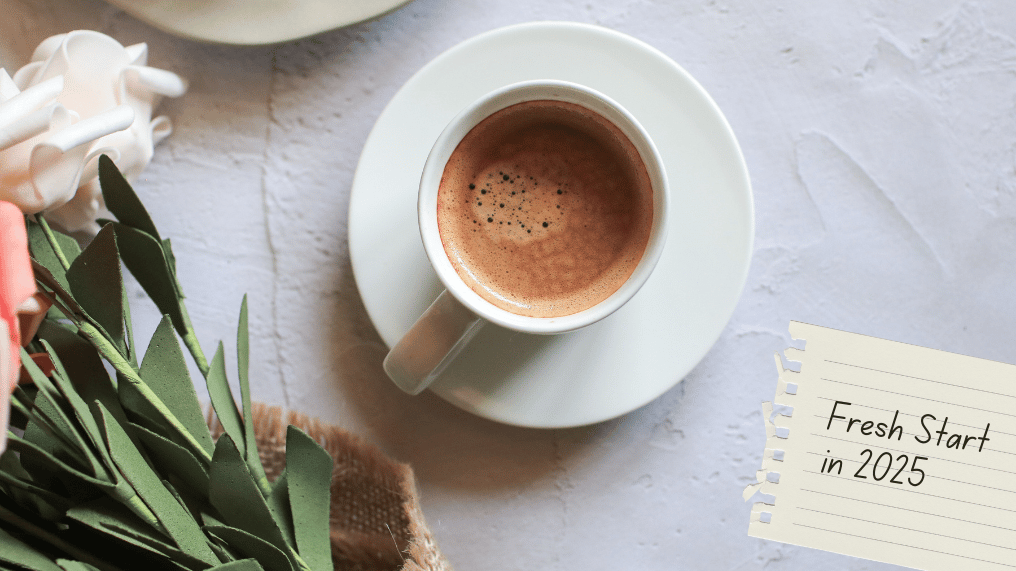Special-forces style travel – how to make it a great business opportunity?
Key take-away:
- The essential spirit of special-forces style travelers is spend the least money, travel to as many places as possible.
- Special-forces style travel (特种兵式旅游) is a popular way of travelling for China’s Gen Z young people.
In recent years, a trend known as “Special Forces-style Travel” is gaining popularity among China’s young generation. Unlike traditional guided tours or self-guided travel, this specific form of travel emphasizes itinerary planning and independence. It appeals to many young people due to its speed, efficiency, and the thrill of pushing limits of how many places can be visited within a really small budget. For China’s “Generation Z,” it has become a distinctive way to unwind.
This trend can be attributed to two main factors:
- Firstly, people’s enthusiasm for travel was suppressed for three years due to the pandemic’s impact.
- Secondly, budget constraints affect college students and recent graduates.
Driven by a “revenge travel” mindset, these students cleverly optimise their time and money during trips, maximizing the enjoyment of their travel experiences.
When it comes to the selection of destinations for the Special Forces-style travelers, they often choose cities with a cluster of attractions, convenient access to trains, high-speed rail, and local public transportation. Additionally, many young people commonly save on accommodation costs by traveling overnight by train.
Young people’s inclination to share their lives, coupled with the hype from social media, has propelled ‘Special Forces-style Travel’ into the online spotlight. On Xiaohongshu (小红书, a Chinese social media app), many users proudly share their one- or two-day travel itineraries, which are often clustered with tourist attractions, attracting thousands of likes. Recognizing the rise of this trend, Xiaohongshu even created a curated ‘Special Forces-style Travel’ page during the International Workers Day holiday, making it easier for users to search for recommended destinations and seek travel advice.

Special Forces-style travel itinerary in Xiaohongshu, attracting more than 40k of post engagement
How do brands embrace the ‘Special Forces-style Travel’ hype to establish personalised connections with Generation Z on social media?
When a fast food brand invites followers to try new products, they affectionately refer to them as ‘special forces.’ Simultaneously, by incorporating the popular ‘chicken-eating’ meme from the game PlayerUnknown’s Battlegrounds (PUBG), they manage to resonate with the hearts of this young audience.
CHANDO, a local cosmetics brand, has also ridden the trend by launching their sunscreen products during the scorching summer days.
In addition, when young people explore attractions with minimal expenses and time, they focus on being ‘fully equipped’ while also seeking ‘lightweight’ options. Items such as portable fans, juicers, power banks, sports water bottles, Bluetooth earphones, and travel suitcases have become the best companions for young travelers. Highly satisfactory aesthetics (or ‘attractive visual appeal’) is another major focus for young people, alongside functionality and portability. This emphasis has boosted the sales of many collaborative IP products, including sunproof sleeves, sun hats, sunglasses, and more. Brands shouldn’t miss out on these excellent marketing opportunities.

Minimalist Lifestyle + Maximum Value in Possessions

This segment of the Generation Z, born between 1995 and 2009, already comprises nearly 260 million individuals, accounting for 19% of China’s total population.1 From personalised preferences, brand awareness, purchasing power to digital literacy, Generation Z consumers are reshaping the way brands reach, connect with, and retain consumers.
Generation Z tends to seek products with high cost-effectiveness, managing their expenses rationally rather than blindly following trends. In line with this trend, a group of content creators on social media has emerged, using tags like ‘Minimalist Lifestyle Ideas’ (极简生活主义) and ‘Low Materialism Lifestyle.’ (低物欲生活)Their content attracts considerable traffic.
Conscious consumers often prioritize the quality, reliability, and transparency of the products they purchase.
Generation Z searches and filters useful information on social media – such as how to save money, gain more value, and find happiness.

How can a brand harness the unique traits and values of Generation Z to empower its marketing with authenticity and flair? Contact us today to know more.
 Next Post
Next Post



